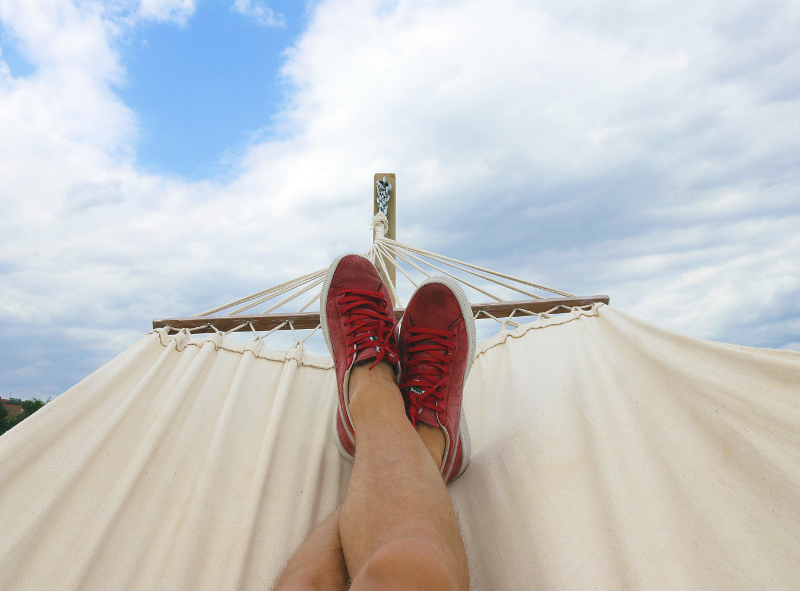A micro-vacation is a brief break from the demands of everyday life. Living in a pandemic for the past two years has put a lot of strain on working individuals and their families, prompting a need for unplanned long weekends, office-imposed wellness days, and short out-of-town road trips.
But why can’t we just take full vacations? Isn’t a micro-vacation simply a day off?
While the definition of a micro-vacation is still up for debate, the concept is simple: it’s short, quick, and easy. There’s hardly a need to book any hotels or flights just to experience something new. Given the current circumstances, micro-vacations are becoming more attractive to people who would rather spend money on meaningful activities than airport protocols.
A tool for stress management
Nowadays, companies are introducing wellness programs in response to the prolonged stress caused by flexible work arrangements. For every advantage that working from home provides, there are also unspoken drawbacks that can cause long-term issues. Here are several scenarios in which a micro-vacation would be ideal.
1. Bring back social activities
Even the most introverted person can benefit from taking a short vacation with friends. Work relationships formed over water cooler interactions, team building activities and lunch with colleagues have been replaced by multiple emails and chat messages. With micro-vacations, there’s no pressure to plan a perfect itinerary if we’re just heading over to the driving range to hit a few golf balls.
2. Put on some training shoes
Research has shown that taking a mindless walk can improve our health and longevity. Putting on training shoes at the beginning of the day is half the battle to combat a sedentary lifestyle. Let’s hope our brain remembers the intention to go outdoors and take that micro-vacation!
3. Be a local tourist
Living in a tourist-friendly city may be both a blessing and a hardship at the same time. Local businesses and organizations have suffered from low tourism numbers since the pandemic started. While we have no control over rules that limit travel, we can support our local economies by visiting museums, parks, and festivals, which can help alleviate isolation fatigue.
4. Hands off our devices
When working on a computer, screens become our best friend for most of the day. If screen time isn’t managed properly, our phones can also cause eye strain and severe headaches. Writing a letter, hand-drawing, and fiddling with machines are all terrific ways to keep our hands occupied while our minds take a break.
Small steps with big impact
Until we can hop on a plane and travel a thousand miles for that awaited holiday, we’re settling for a micro-vacation that can deliver the same impact. This option appears to be more environmentally friendly, less expensive, and beneficial for our well-being! Whether it’s taking a city bus tour or going to the pool in the middle of the day, there are numerous ways to enjoy a micro-vacation that allows us to take a break from our regular life.
Sources:
https://www.frontiersin.org/articles/10.3389/fhumd.2021.684137/full
Related Readings:
The Screen Time Diet: Helping Your Teen Find The Balance With Tech
https://www.mytutor.co.uk/blog/parents/the-screen-time-diet-helping-your-teen-find-the-balance-with-tech/

